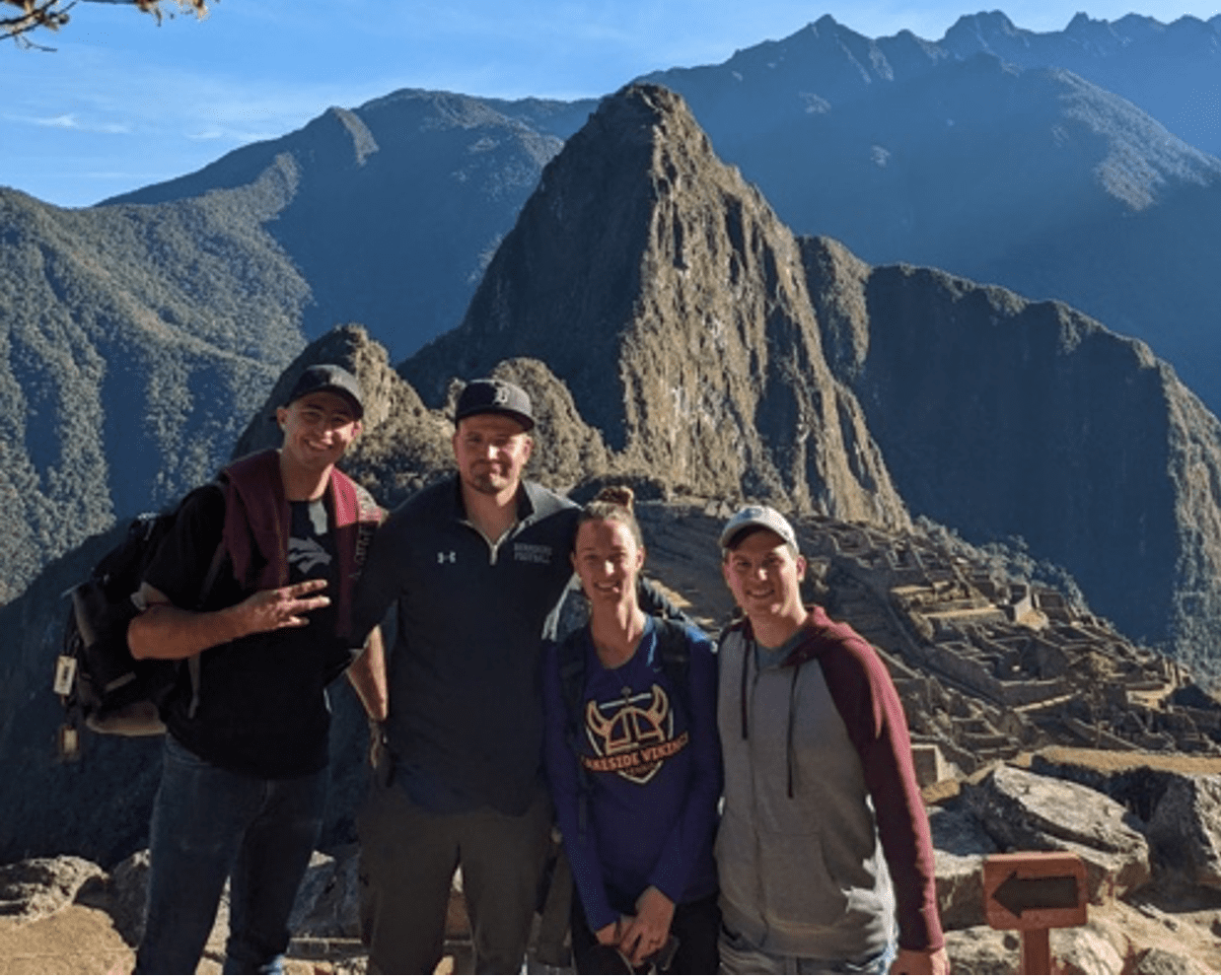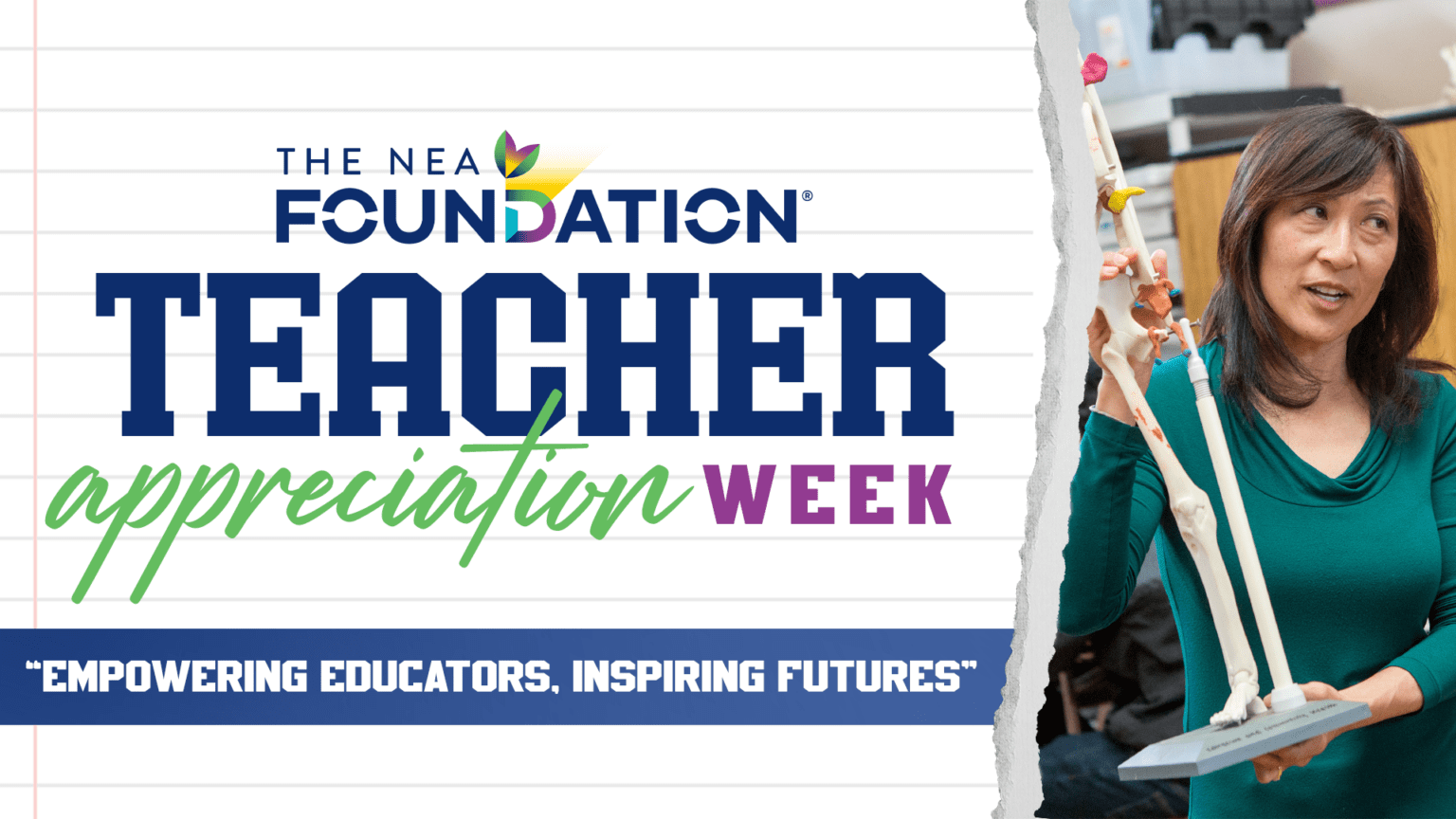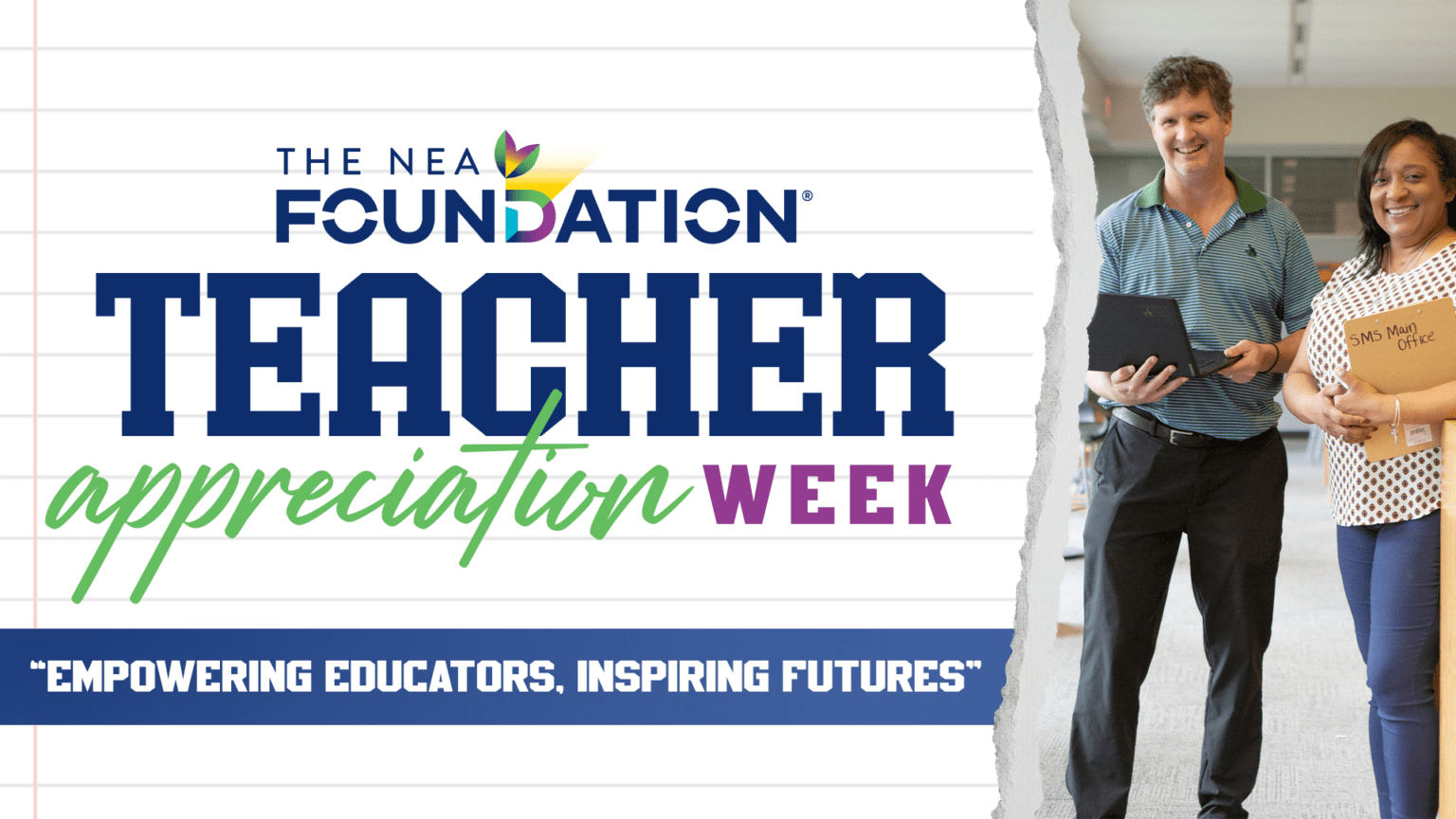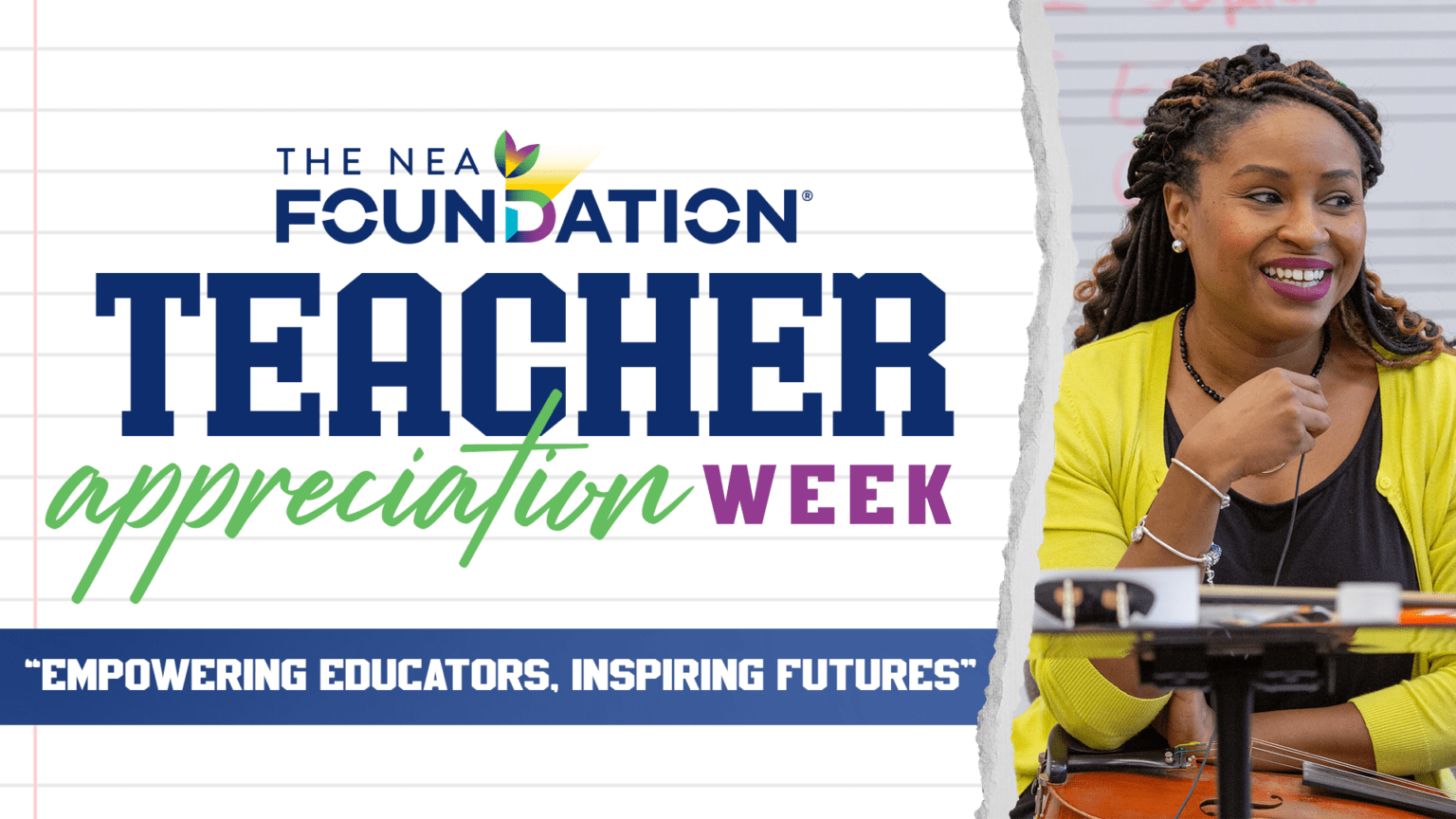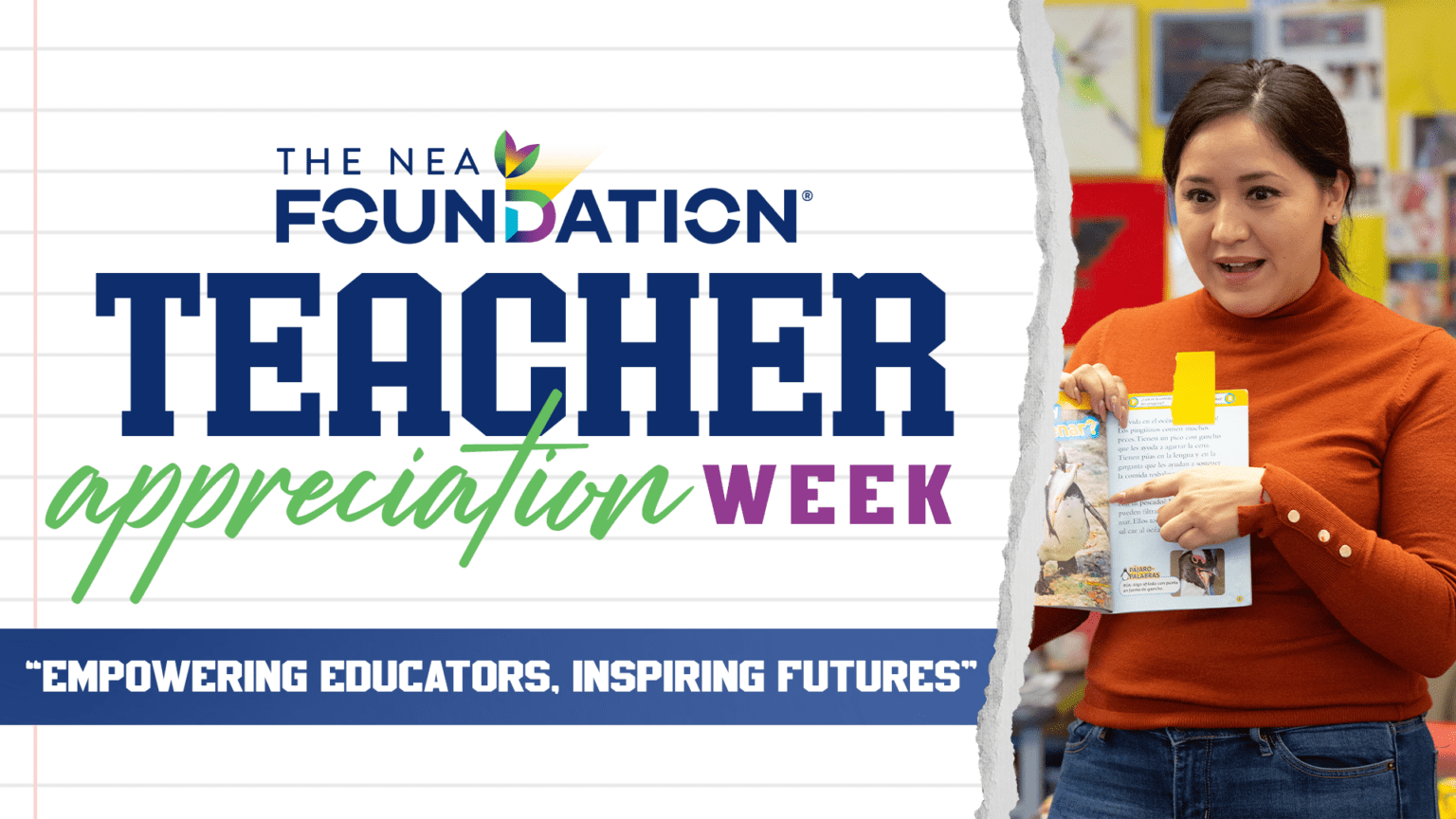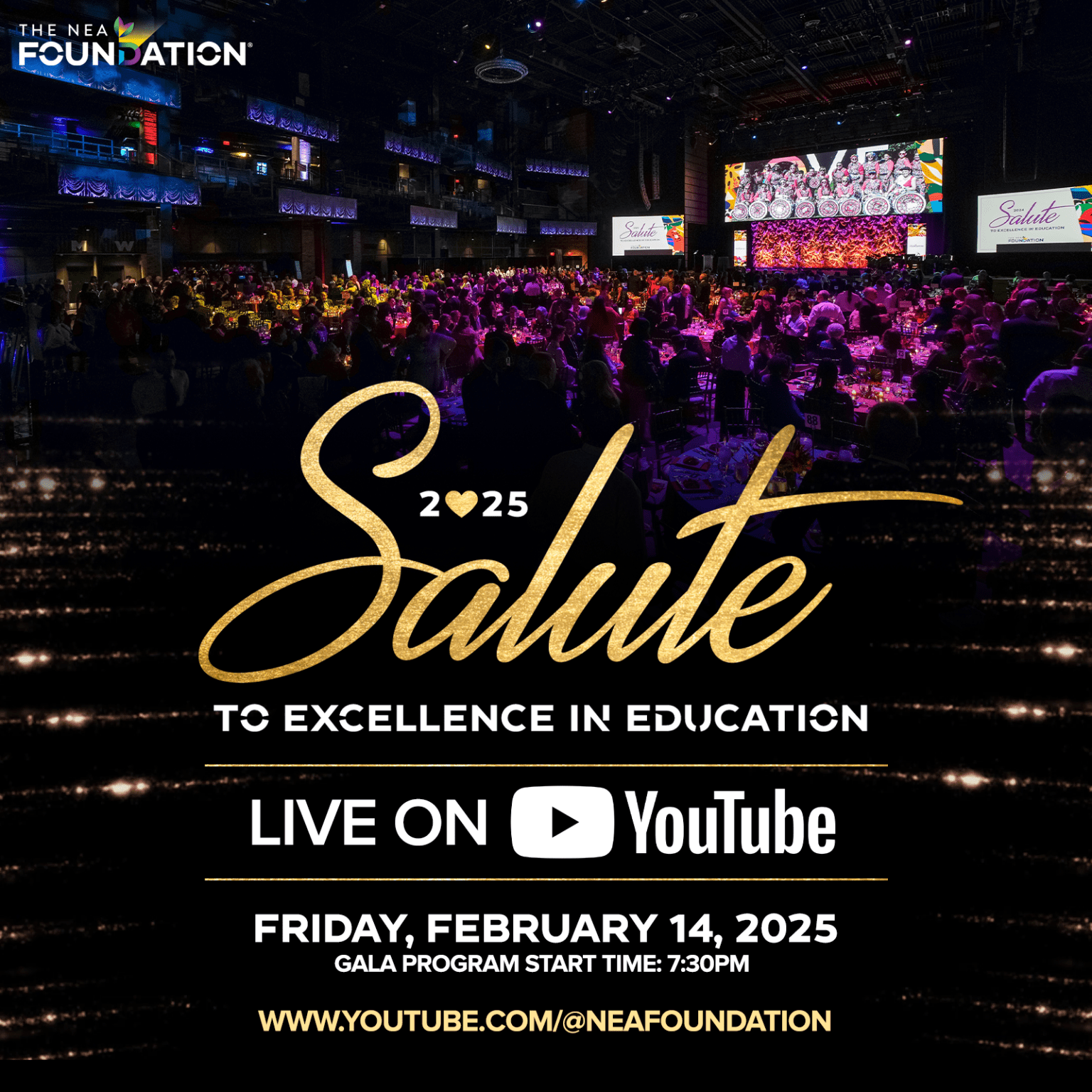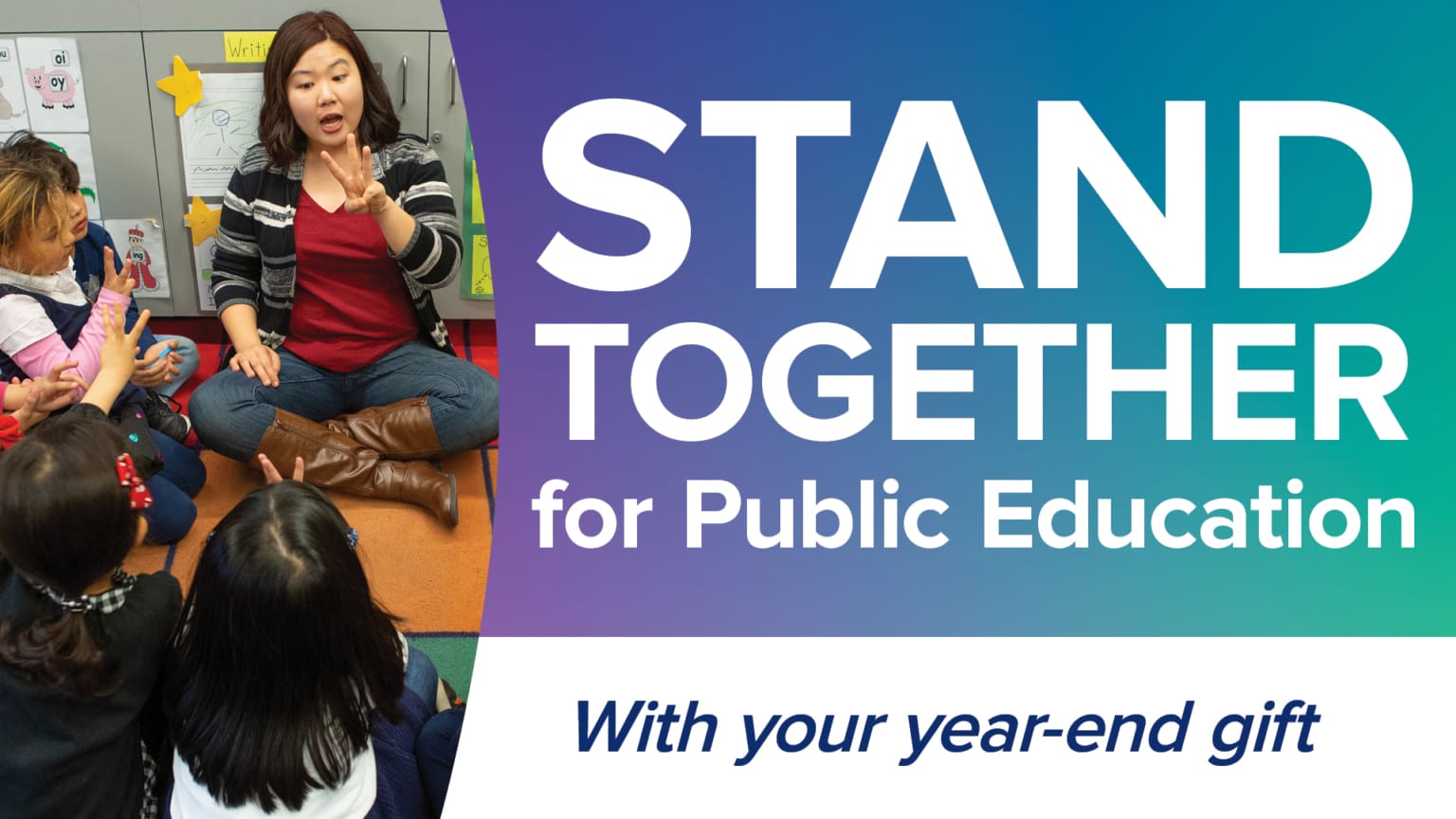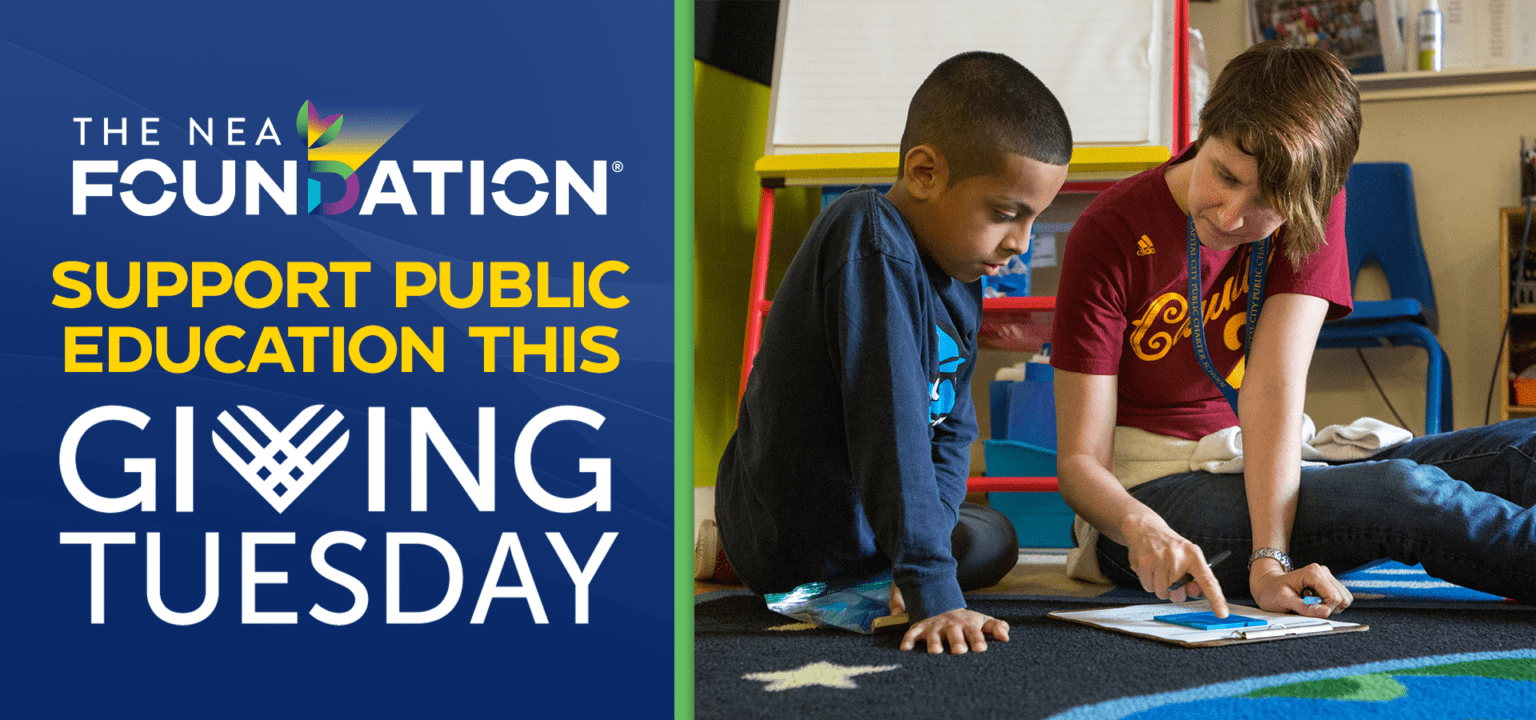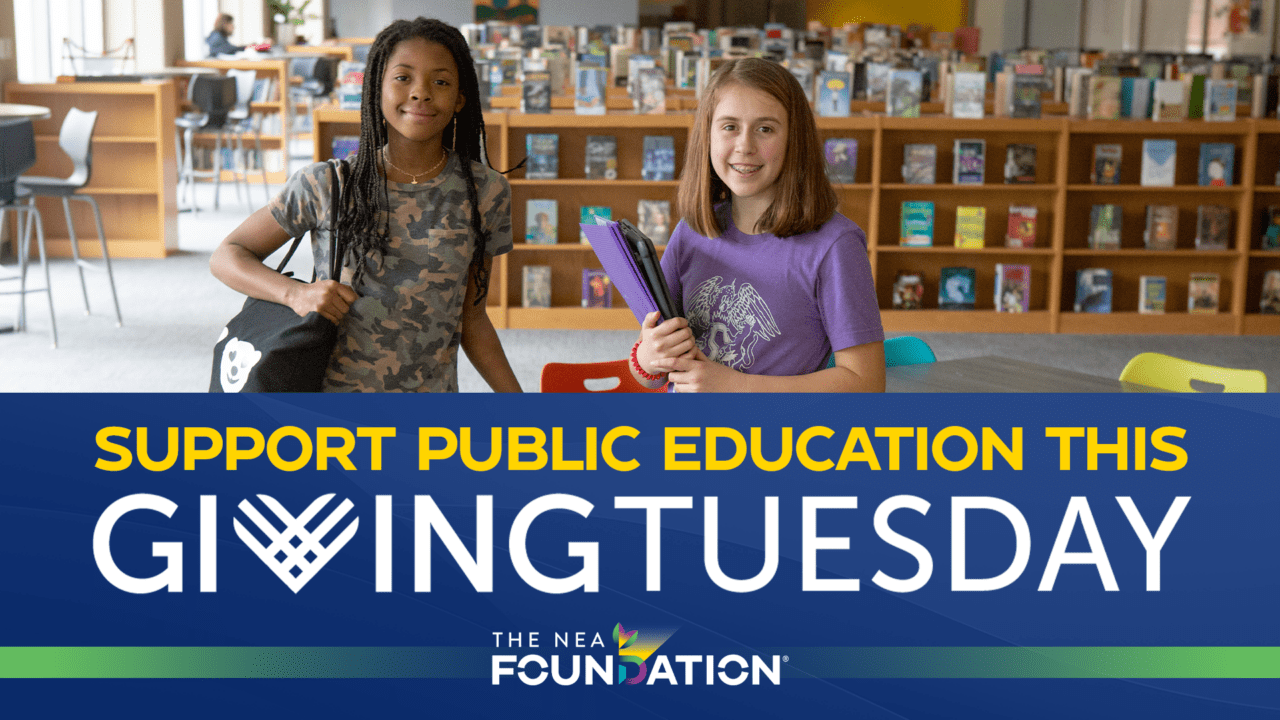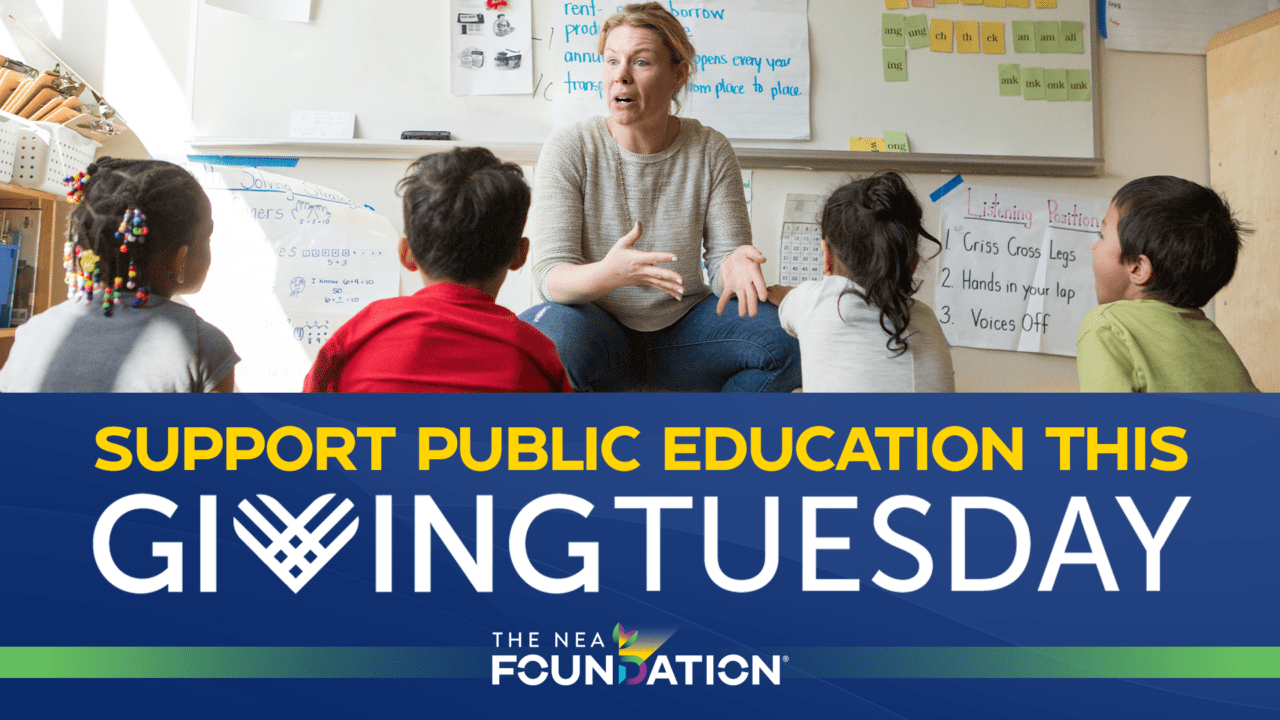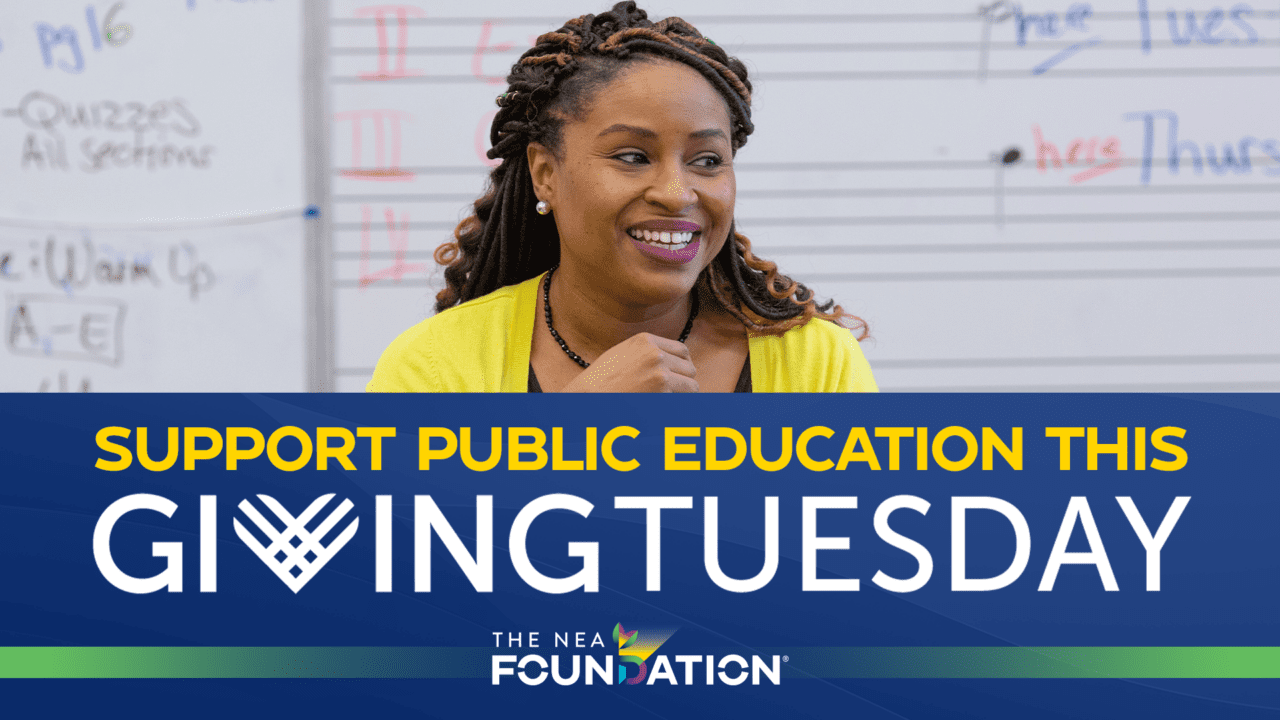“When are we ever going to use this?” was the question that plagued the beginning of my teaching career. As a high school math educator, I was charged with teaching concepts that were abstract, complex, and, frankly, boring. Since my first year of teaching, my goal was to make math interesting for every student who came to my class. While this seemed like a tall task, I started small and built on every success. One experience that made a big difference was being a part of The NEA Foundation’s Global Learning Fellowship. While it might seem strange for a math teacher to be a part of a fellowship focused on global competencies and sustainable development goals (SDGs), to me, it seemed like the perfect opportunity to collaborate with others and build relevancy into my classroom.
I was fortunate enough to work with two other incredible math teachers and a mentor alumnus prior to our field study experience. I could not have asked for a better group! Each of us taught different areas of math and brought our unique strengths to the table. Together, we built our microsite, Global Education In Math, to support math classrooms around the world. As I mentioned earlier, my goal is for all students to find something in my class relevant and interesting. On our microsite, you will find an introduction to global education for all classrooms and resources you can use to transform your classroom, including ideas for self-assessments on global education as well as steps to take to move your classroom towards being globally competent. This can be used for all classrooms!
“While I was more focused on their mathematical ability, students saw math as a tool to find solutions to a complex problem such as food deserts in Atlanta or deforestation in the Amazon.”
For math classrooms specifically, you can find ready-made project/lesson plans for use in your classroom! Each lesson or idea includes how long it will take to plan, the minutes needed to teach, and the materials you will need. Additionally, there are examples from my students so you and your students can see what they are working towards. I have taught all the lessons in my classroom (with all types of students including English Language Learners and remedial students) and they have worked well! With these lessons, my students were more engaged than in any other game or activity I did with them! It was incredible to see the changes in conversation and how students saw the value in math. While I was more focused on their mathematical ability, students saw math as a tool to find solutions to complex problems such as food deserts in Atlanta or deforestation in the Amazon. It does require time and structure for your students but I promise it will shift how your students think about math. Below are some pictures of projects students completed with this project:
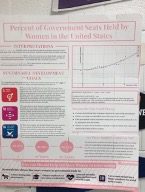
(Project modeling women in the U.S. government)
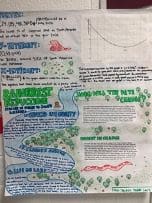
(Project modeling Amazon rainforest reduction)
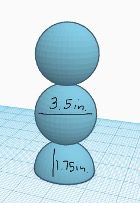
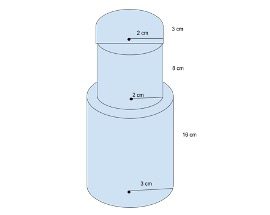
(Project creating “better” water bottle)
Collaborating with the other Fellows brought a fresh new perspective to my instructional practice and provided a space for valuable conversations. For example, I was introduced to new websites such as “Skew the Script” and “Stats Medic.” Both provide great instructional resources for all levels. We also talked about how we could empower our students to change their communities. Connecting with local and global communities is not just for social studies or science. Math can do it too! We brainstormed how our students could use their math abilities, such as modeling, to create visuals for data from local non-profits. Had I not collaborated with this group, I never would have thought of this idea and brought it to my classroom in Atlanta.
I am so thankful I was part of the NEA Foundation Global Learning Fellowship and was able to meet other incredible educators (like everyone in the picture below). I hope you find our microsite helpful and I hope you will apply to be a Fellow. I promise it is a life-changing experience!
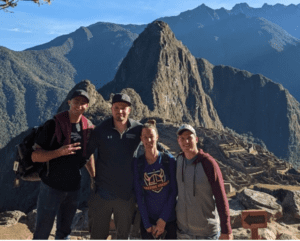
Applications for the 2024 Global Learning Fellowship will be accepted between December 1, 2022, and April 1, 2023. To learn more about the Fellowship click here.

